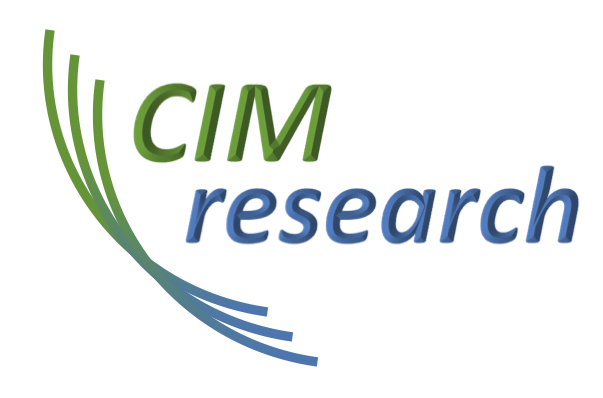
Research Training Group
Elucidation of molecular mechanisms as foundation for an evidence-based complementary and integrative medicine (train4CIM)
Heidelberg University
Medical Faculties Heidelberg and Mannheim
Overview
Dietary supplements, herbs, acupuncture, yoga – to name only a few options of complementary and integrative medicine (CIM) - are used by approximately 60 % of the adults in Germany. Despite this wide acceptance, CIM is often seen as the stark opposite of conventional, academic Western medicine, mainly because for the majority of CIM procedures, conclusive studies on the potential benefit, efficacy, or safety are lacking. Moreover, the search for underlying molecular mechanisms is still in early stages, although research is picking up, especially for herbal-based compounds.
Recently, the Academic Center for Complementary and Integrative Medicine (Akademisches Zentrum für Komplementäre und Integrative Medizin, AZKIM) was founded (www.azkim.de) with the goal to investigate possible effects of CIM with advanced scientific methods, as there are used in academic medicine.
To complement the AZKIM research efforts, the Ministry of Science, Research and the Arts, Baden-Württemberg is financing this Research Training Group (RTG) at Heidelberg University with 4 PhD Fellowships for a period of 3 years.
This interdisciplinary RTG will study molecular mechanisms mediating the effects of complementary medicine. The topics are active ingredients of plants and photobiomodulation in respect to their effects on the immune system, on tumor defense, on regulation of the natural intestinal barrier and on wound healing. The final goal is to obtain solid scientifically consolidated findings to critically evaluate methods of complementary medicine for future treatments of tumors or chronic inflammatory diseases.

